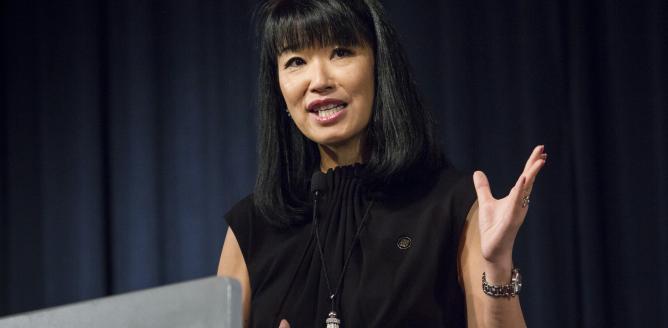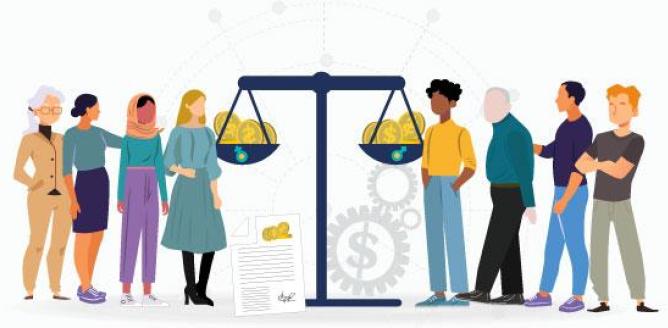From this week onwards, UK companies with more than 250 employees will be required to collect and report detailed gender-segregated data on pay including bonuses. Employers must both publish their gender pay gap data and a written statement on their public-facing website and report their data to the government.
According to the Fawcett Society, one of the UK’s largest charities promoting women’s rights, women in Britain earn significantly less than men over their entire careers as a result of differences in caring responsibilities, clustering in low-skilled and low-paid work, the qualifications and skills women acquire, and outright discrimination. The society says that the current overall gender gap for full-time workers in the UK is 13.9 per cent and that women are frequently still being paid less than men in an equivalent role, despite that being illegal.
The UK Government is hoping that by lifting the lid on the sensitive area of the gender pay gap, this will bring about changes that will ultimately lead to a greater representation of women in the workforce. While some have criticised the new rules for not going far enough because simply reporting numbers won’t change things, others see an opportunity for organisations to understand what’s happening in their business and to take bold actions that drive to the heart of the issue.
For a more aggressive approach to eliminating the pay gap, the UK and other countries could also look to Iceland which last month became the first country to introduce legislation requiring employers to prove they are paying men and women equally. According to the government, despite Iceland having had equal pay laws for half a century, women in Iceland still earn 14 to 20 per cent less than men. The new rules require the biggest companies and government agencies to undergo audits starting in 2018 to obtain a certificate of compliance with the equal pay rules. Employers must assess every job from cleaner to senior executive to identify and fix wage gaps of more than 5 per cent.
At TWF, we believe that collecting, analysing and reporting gender-segregated data is an important first step towards levelling the playing field. We hope that having crunched the data, companies will go on to set timelines and targets for reducing gender pay gaps. At the same time, we hope that the discussion over equal pay will surface larger equality issues and prompt a holistic approach that will include not just tackling pay inequities but other measures including sponsorship and mentoring for women employees, aligned HR policies and practices and tackling entrenched mindsets and unconscious bias. And finally we hope that the incoming Hong Kong Administration will take note of these examples of government intervention and determine an appropriate approach for Hong Kong where according to the Women's Commission's 2016 Report, the gender pay gap stands at 22 per cent.
As always, we would value your opinion on this issue. Please write to me at su-mei.thompson@twfhk.org.





















